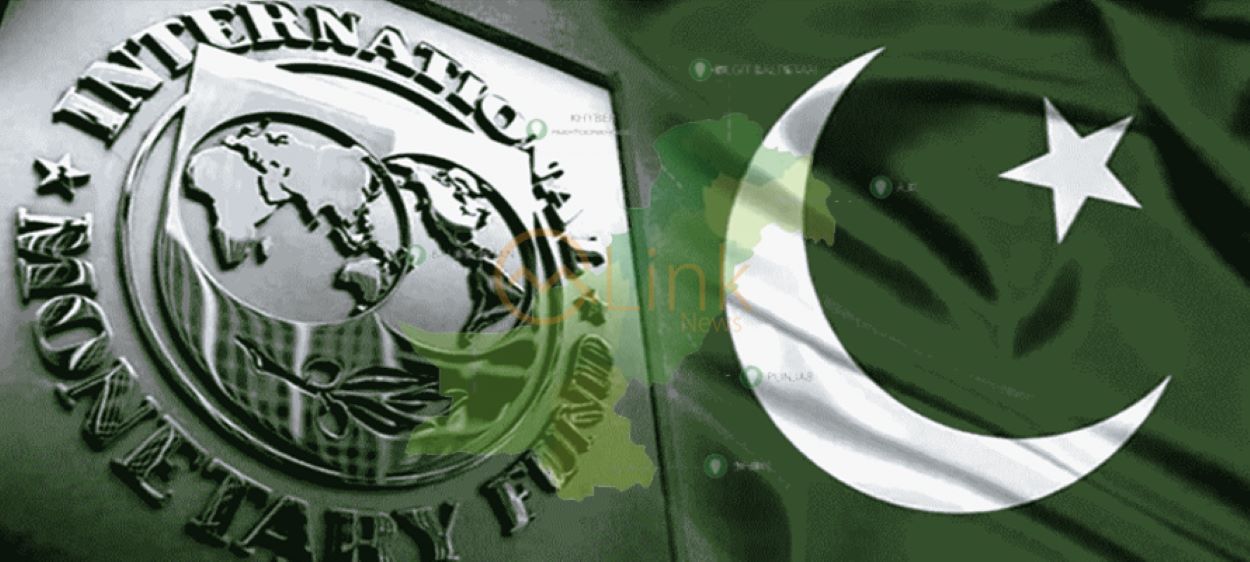The International Monetary Fund (IMF) has raised concerns regarding the substantial pension liabilities for public servants highlighted in Pakistan’s 2024-25 fiscal year budget.
Budget documents have disclosed that some retired government employees in Pakistan receive pensions exceeding 1.6 million PKR. It is projected that in the upcoming federal budget, approximately 1,014 billion PKR will be allocated to cover the pensions of retired government employees.
For the fiscal year 2024-25, there has been a 15% increase in pension allocations for retired employees, imposing an additional financial burden of 122 billion PKR on the national treasury.
The budget details also reveal that 95 retired government officials receive a monthly pension of 500,000 PKR, while 3,081 retired officers receive monthly pensions exceeding 200,000 PKR.
In related fiscal policies, the federal government has implemented a new tax measure, complying with an IMF mandate, by imposing an 18% sales tax on certain medicinal products. This includes decoctions used for common ailments like colds, flu, and coughs and extends to hundreds of herbal medicines under the eighth sales tax schedule. Furthermore, an 18% sales tax has been applied to various herbal syrups, pills, and all syrups and creams used in homoeopathic treatments.
Earlier reports indicated that the IMF had requested a sales tax on medicines between 10% and 18%. Federal officials have pointed out that the prior interim government had made decisions to deregulate the pricing of medicines.






